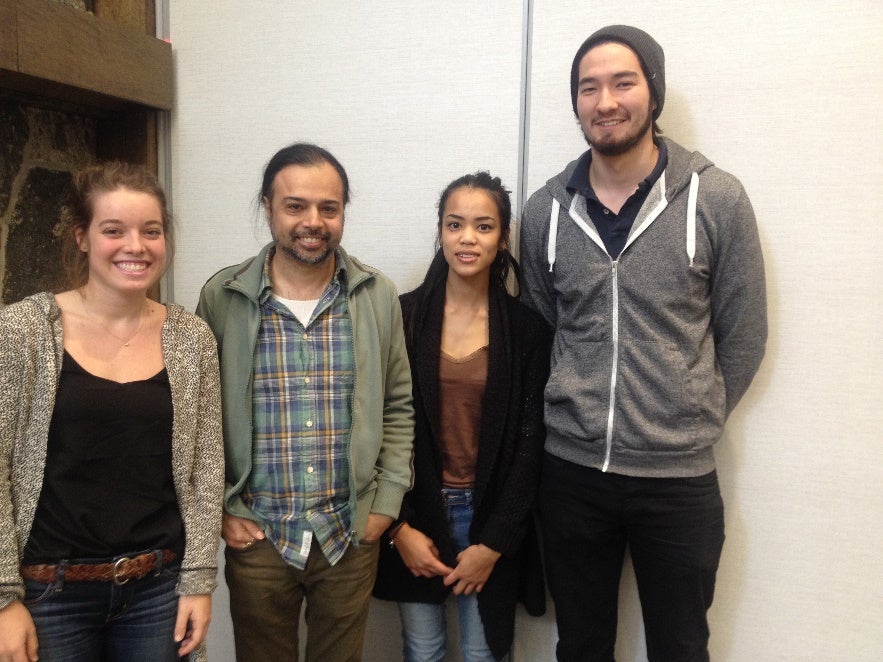Guest speaker: Dr. Simron Jit Singh
Thursday March 11th 2015
Written by: Chandy Thach, Courtney Lang, Jess Rodriguez, Josh McDonald, and Karen Lui

Can you imagine putting a price on environmental and human rights? Dr. Simron Jit Singh, a social/human ecologist from the University of Waterloo explored this very issue. In his presentation titled, Yasunizar Environmental Justice in the Ecuadorian Amazon, Dr. Singh explored the concept of environmental and human justice in Ecuador.
Yasuni National Park, found in the Ecuadorean Amazon is home to Indigenous Peoples, and is also one of the most biodiverse ecosystems in the world today. This specific part of the land is also prosperous in terms of oil. Oil is a widely used resource fueling transportation around the world, on top of being useful for a multitude of other things such as heating and electricity. Herein lies a growing dilemma that the government faces: to choose between the demand of oil or the health of the earth and those who live on it.
In 2007, Ecuadorian President, Rafael Correa recognized that the biodiversity of the rainforest and the lives of Indigenous Peoples were being negatively affected by oil extraction. As a result, he proposed what is called the Yasuní-ITT initiative. This initiative proposed that in order to protect the rights of the environment and indigenous peoples, 20% of the oil beneath Yasuni National Park would remain untouched;

From nature’s perspective, abandoning the Yasuní-ITT initiative is a form of environmental injustice. This issue takes place in Ecuador, whose constitution has adopted the rights of nature since 2008. The rights for nature chapter includes a passage that states that nature has the “right to exist, persist, maintain and regenerate its vital cycles” (“Ecuador Adopts Rights of Nature in Constitution,” n.d.). Yet, in this case where nature supposedly has rights, Ecuador’s President, Refael Correa still made the decision to pull the plug on backing the Yasuní initiative. This will allow the continued destructive practices of oil extraction within the diverse ecosystem. The quality of soil and land will continue to depreciate as pollutants and mining interfere with the forests right to regenerate the cycles that maintain its balance. Wildlife will continue to face dispossession as habitat loss from clear cutting, a method of accessing resources, threatens vulnerable prey and water contamination. A threat to Yasuni menaces all forms of life that may call it home.
If you are interested in learning more about Ecuador’s Yasuni National Park or Dr. Simron Singh’s works checkout the following links:
Yasuni National Park - ITT oil extraction
Why Ecuador's president has failed the country over Yasuní-ITT
Amazon Rainforest image sourced from Wikimedia Commons
Group photo taken individually
Ecuador Adopts Rights of Nature in Constitution. Global Alliance for the Rights of Nature. Retrieved from http://therightsofnature.org/ecuador-rights/